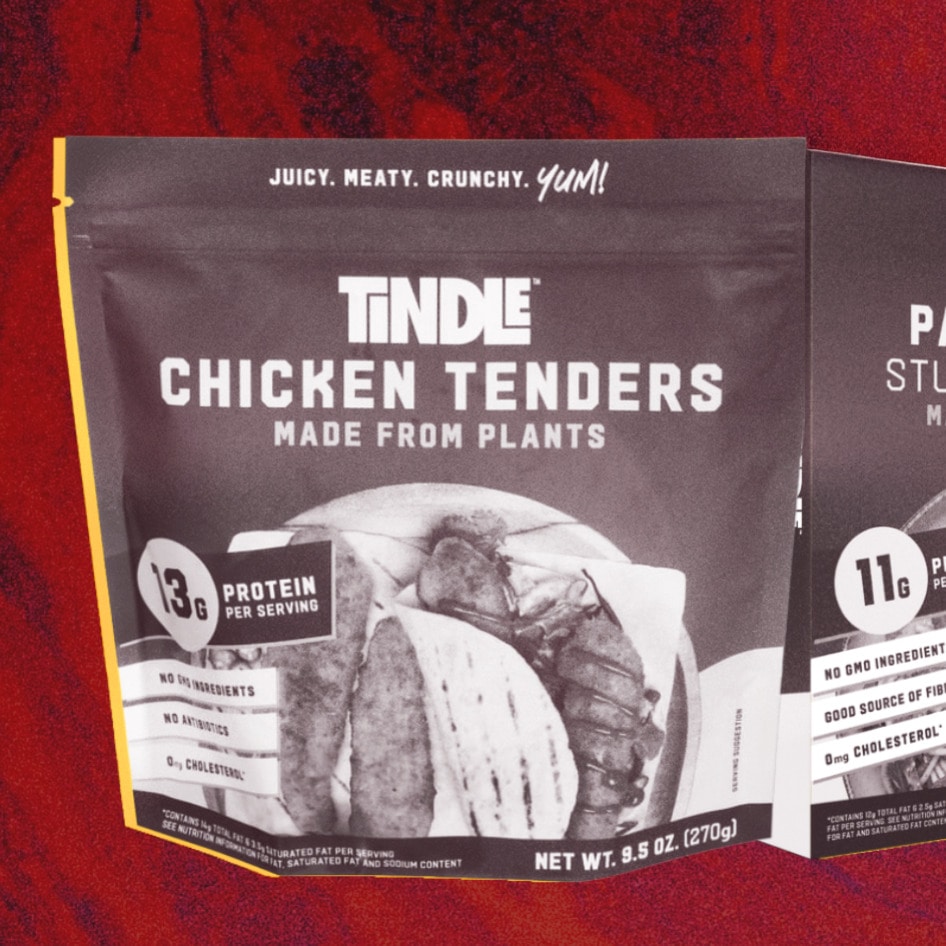Due to a slew of factors, alternatives to typical grocery items such as meat, milk, and eggs are notoriously more expensive than their animal counterparts. But, as prices for goods continue to rise, where can shoppers find the cheapest vegetarian groceries? Financial services company CashNetUSA conducted a study to find out.
Through a virtual Walmart tour that compared the prices of a typical 12-item food basket, the study analyzed the cost of both vegan (and vegetarian) and traditional groceries in relation to the national average and local income levels.
What it uncovered was regional disparities in the cost of vegetarian groceries across the United States, shedding light on the most budget-friendly states for plant-based food shopping.
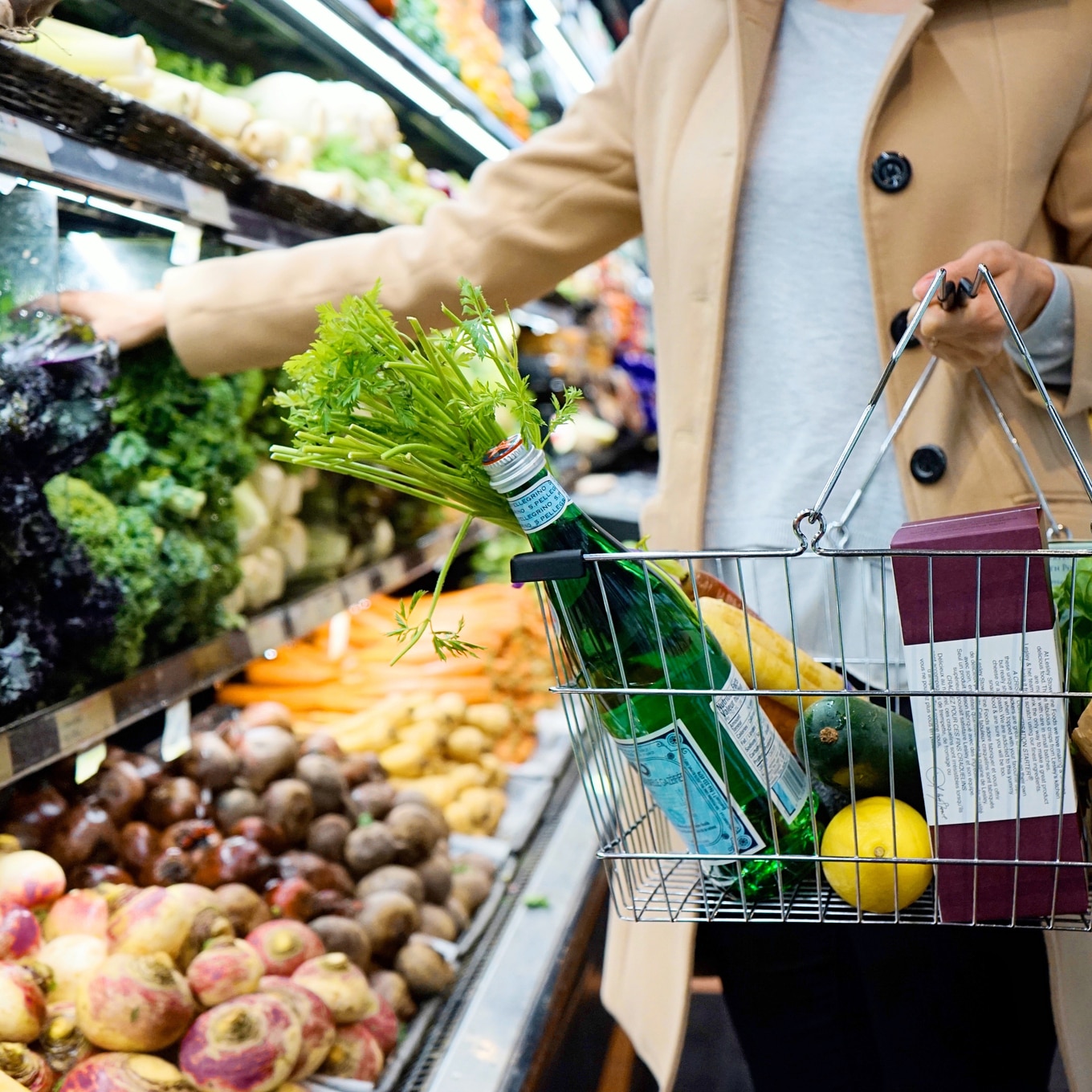 Unsplash
Unsplash
According to the study, Hawaii emerged as the most expensive state for vegetarian groceries. On the other end of the spectrum, New Mexico claimed the title of the most affordable state for vegetarian groceries, where prices are more than 5 percent below the national average.
What was in the 12-item vegetarian basket? While this study intended to compare traditional against vegan groceries, some items it included in the “vegan” basket contained animal products such as Frosted Flakes (which are not vegan due to Vitamin D3 derived from lanolin) and MorningStar Grillers Original Veggie Burgers (which contain egg whites).
CashNetUSA successfully replaced dairy cheese with Follow Your Heart’s vegan cheese; milk with Silk’s Original Soy Milk; and eggs with Great Value Garbanzos. Other items were staples such as white bread, fruit, oil, and vegetables.
While not perfect, the study’s findings did shed light on how the prices of alternatives to milk, meat, and other animal-derived products differ across states.
Why Hawaii poses challenges for affordable groceries
In Hawaii, the study revealed a significant financial burden faced by those looking for vegetarian groceries due to the high cost of living on the islands. With prices exceeding the national average by more than 25 percent, Hawaii stands out as the most expensive state for groceries, period. The logistical challenges of importing fresh produce and plant-based products contribute to inflated prices.
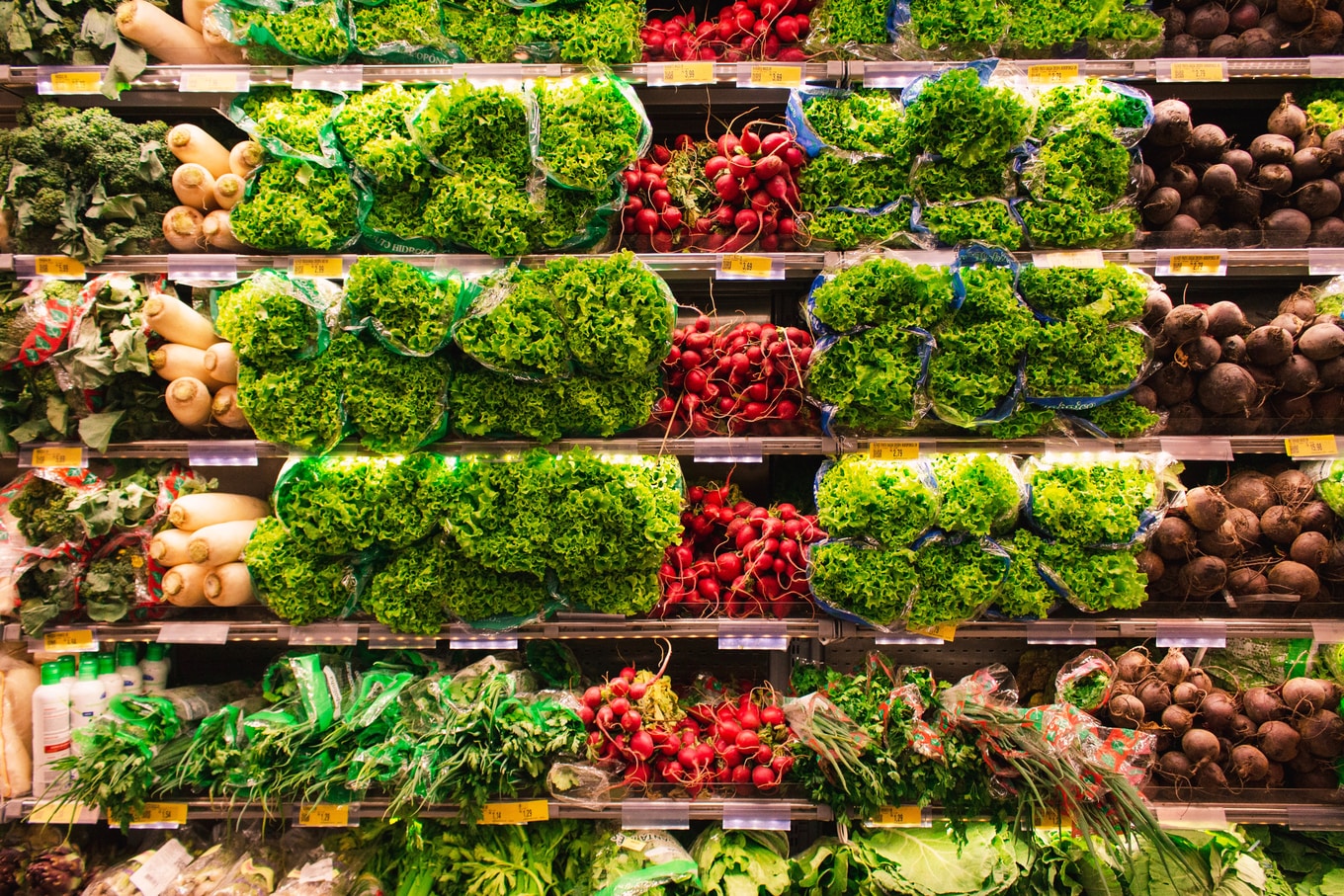 Pexels
Pexels
Investment analyst Tim Doman, CEO of digital banking site Top Mobile Banks, explains that differences in grocery prices between vegetarian and traditional items are influenced by a mix of factors, many of which are interconnected.
“Key factors include regional production capabilities, distribution logistics, consumer demand, and governmental policies,” Doman tells VegNews.
“For example, states with favorable climates for plant-based food production might see lower prices for vegan items, while areas with substantial livestock farming may find traditional groceries cheaper,” he says.
In Hawaii, the study found that the cost difference between the two categories of groceries at Walmart—vegetarian versus traditional—was relatively consistent.
According to CashNetUSA, one would have to work more than one hour and 47 minutes in Hawaii to afford the 12-item basket of vegetarian groceries.
However, due to differences in minimum wage, it would take one hour and 58 minutes of work in Mississippi to afford the basket. Other states where residents will find vegetarian groceries least affordable? South Carolina, West Virginia, and South Dakota.
New Mexico: a haven for budget-friendly vegan groceries
In contrast to Hawaii, New Mexico emerged as the most affordable state for vegetarian groceries, with prices 5 percent below the national average.
When comparing the prices of the two grocery categories in New Mexico, the study found that the cost of vegan and vegetarian products was generally lower than their traditional counterparts.
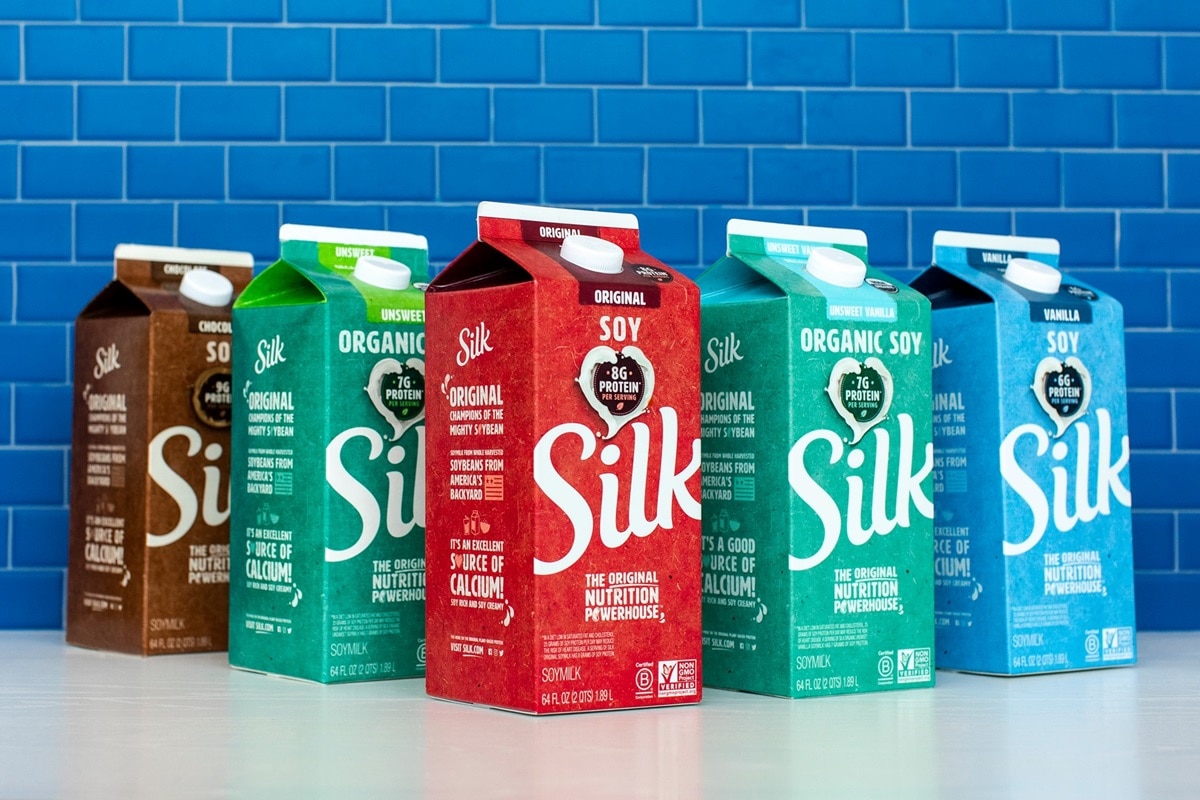 Silk
Silk
Despite New Mexico having the cheapest vegetarian groceries, due to minimum wage fluctuations nationwide, residents of Massachusetts would have to work the least one hour and 10 minutes to afford the basket of vegetarian groceries.
Other most affordable states for this category of groceries? The study points to Washington, New York, and New Jersey.
“The price differences of vegan versus traditional groceries and the role inflation plays in this dynamic form a fascinating, multi-faceted issue,” Doman says. “It’s an intersection of geography, economics, policy, and even cultural shifts towards dietary preferences.”
“Unraveling it sheds light on the intricacies of our food systems and how they reflect larger socio-economic trends,” Doman says.
While Hawaii and New Mexico were standouts on both ends of the spectrum, CashNetUSA found that the cost of the vegetarian basket was relatively stable, not exceeding or dipping below the national average by more than two percent, across 36 states.
Inflation and vegan groceries
The CashNetUSA study has provided valuable insights into the regional disparities and affordability of groceries across the US. Deciphering why grocery prices fluctuate, particularly when comparing vegan groceries to animal products, is complex. For one, animal products such as milk and meat are heavily subsidized by the government, which means they tend to be cheaper than plant-based alternatives—which, despite being generally more expensive, hit a record $8 billion in sales in the US last year.
Doman notes another factor in what could be driving up prices for vegan items.
“An interesting quirk I’ve observed is that states with higher urban populations, where vegan diets are more prevalent, might experience increased demand for vegan items, which can paradoxically drive up prices due to the strain on the supply chain,” he says.
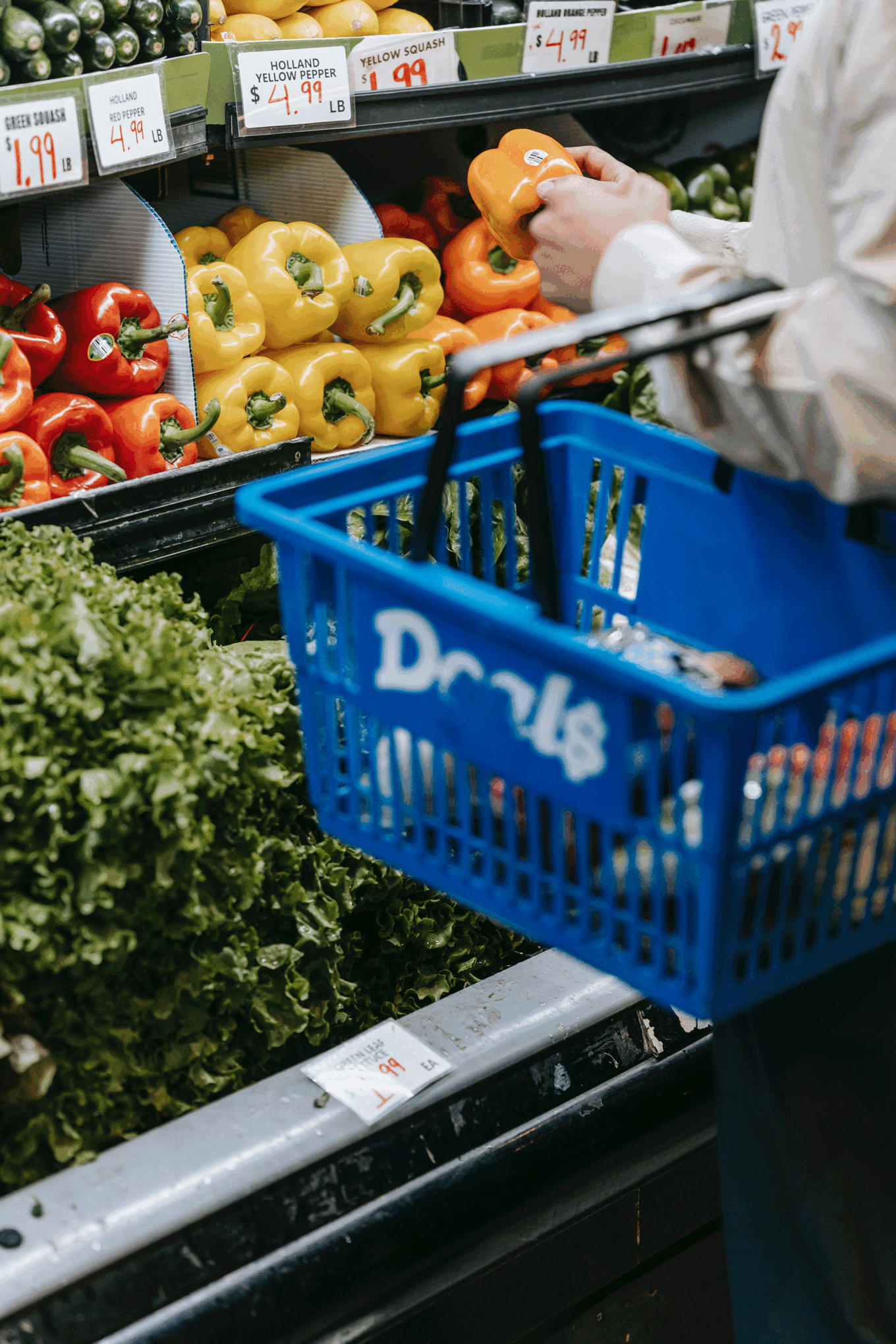 Pexels/Michael Burrows
Pexels/Michael Burrows
And these price disparities come at a time when consumers are feeling the stress of rising prices. One survey conducted in March by review platform Pissed Consumer found that 94.5 percent of consumers say that inflation is affecting their shopping habits while 84.2 percent say “shrinkflation”—where items shrink in size or quality but their prices stay the same—affects their wallets.
“Our review platform regularly receives consumer reports about the increase in groceries costs,” Michael Podolsky, CEO and co-founder of Pissed Consumer, tells VegNews. “An overwhelming majority of consumers are feeling the impact of increased prices on their shopping habits and our recent survey confirms it as 60.2 percent of respondents choose ‘Groceries’ from the list of categories with the most price increase.”
“In inflation settings, consumers should learn to be smart shoppers to soften the inflation blow on their wallets,” Podolsky advises. “Consider bulk shopping and avoid impulse buying, as it’s the worst enemy of shopping.”
For the latest vegan news, read:
JUMP TO ... Latest News | Recipes | Guides | Health | Subscribe







